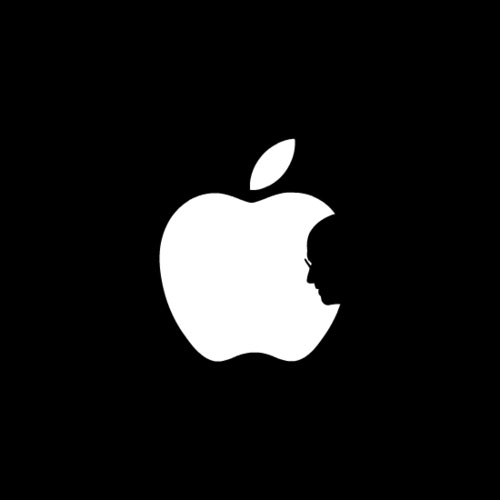Steve Jobs masterminded devices including the iPod, iPhone, and iPad. He made Apple the most valuable company on Earth and brought it back from the brink of irrelevancy. This is the Steve Jobs that most people know: the man that was always presented at the surface in his trade-mark black turtleneck and jeans, even until his untimely death from pancreatic cancer on October 5, 2011.
Jobs, however, was always more than that: he was both visionary and stubborn, brilliant and sometimes blind, and he was certainly a more complex figure than what consumers and stockholders alike saw. Sophomore Divya Dhulipalia said, “With his products, Steve Jobs has changed our culture by impacting the way our generation studies, lives, and uses our imaginations on a daily basis.”
Jobs was the son of Syrian immigrant Abdulfattah “John” Jandali, and American Joanne Carole Schieble, but was given up for adoption soon after birth. He was taken in by the family of Paul and Clara Jobs, thus emphasizing that Paul and Clara were his parents. He attended after school lectures at Hewlett-Packard Company, where he was later hired as a summer employee along with future partner Steve Wozniak.
He attended Reed College in Oregon for one semester, but soon dropped out and took a job as a technician at Atari in 1972. Soon afterward, he began Apple Computers with Steve Wozniak and Ronald Wayne and released the iconic Macintosh, the first computer with a graphic interface, in 1984. An industry-wide slump in computing along with his demanding personality – he would call meetings until midnight and then start new meetings at seven in the morning – led to his ouster from Apple in 1985.
The following year, he started NeXT Inc., another computer company famed for revolutionizing what a personal computer meant at the time. He also bought Pixar studios, which created some of the most famous computer animated movies of all time: Toy Story, Monster’s Inc., and Up.
Apple, which was floundering without Jobs, decided to acquire NeXT for its technology. As a result of this merger, Jobs became interim chief executive and never looked back.
He created the iPod and launched iTunes: the music service that changed the face of online media consumption which, up to that point, had been dominated by piracy. Junior Anuj Mehta said, “He helped make music and movie purchasing easier and listening to music cheaper and easier in the sense of not having to carry around CDs or any bulky CD players.
He relaunched the Macintosh line and made it trendy to own a Mac, even though the company would never regain the same market share it had in the ‘80s, all while planning the release of the iPhone (which really changed the paradigm of cellular phones). Senior Katherine Hylton, who owns an iPod said, “Using my mom’s iPhone created a better way of connecting and sharing music and information more efficiently.”
Jobs’ crowning achievement, however, was the introduction of the iPad to the technology market. This product single-handedly created a niche in the technology industry between the personal computer and the smartphone. This tablet set off a string of rival devices from companies such as Samsung, Toshiba, and Research in Motion, virtually restarting the tablet market. Junior Avery Donohue said, “He really helped shape today’s technology. His creations were and still are a huge part of everyone’s life, whether they use Apple products or not.
Jobs famously kept his personal life separate from his public persona. He was also very secretive about his various health issues. In 2004, he announced to his employees that he had been diagnosed with pancreatic cancer. Jobs underwent a special medical procedure to remove the tumor, but the cancer came back later on, with Jobs appearing more and more haggard with each appearance. He eventually decided to resign from the position of CEO on August 24, 2011 and passed away on October 5.
In the end, Jobs will not be known for the individual devices and technologies that he created, but instead for his pure creative genius. He was not only a technological innovator, but he had an innate feeling for what device would be the next big fad. This uncanny ability was what brought Apple back to productivity. In a company where hundreds of ideas were produced every day, Jobs was able to sort the wheat from the chaff. His skills as a presenter (his presentations were known commonly as “Stevenotes”) set him apart from many other CEOs of the time; his almost megalomaniacal approach to quality led Apple to become synonymous with well made products.
Steve Jobs’ career has affected the lives of millions, and his spirit will live on through his products. He leaves behind a legacy filled with hard work, dedication, and a creative spark never to be forgotten.



















